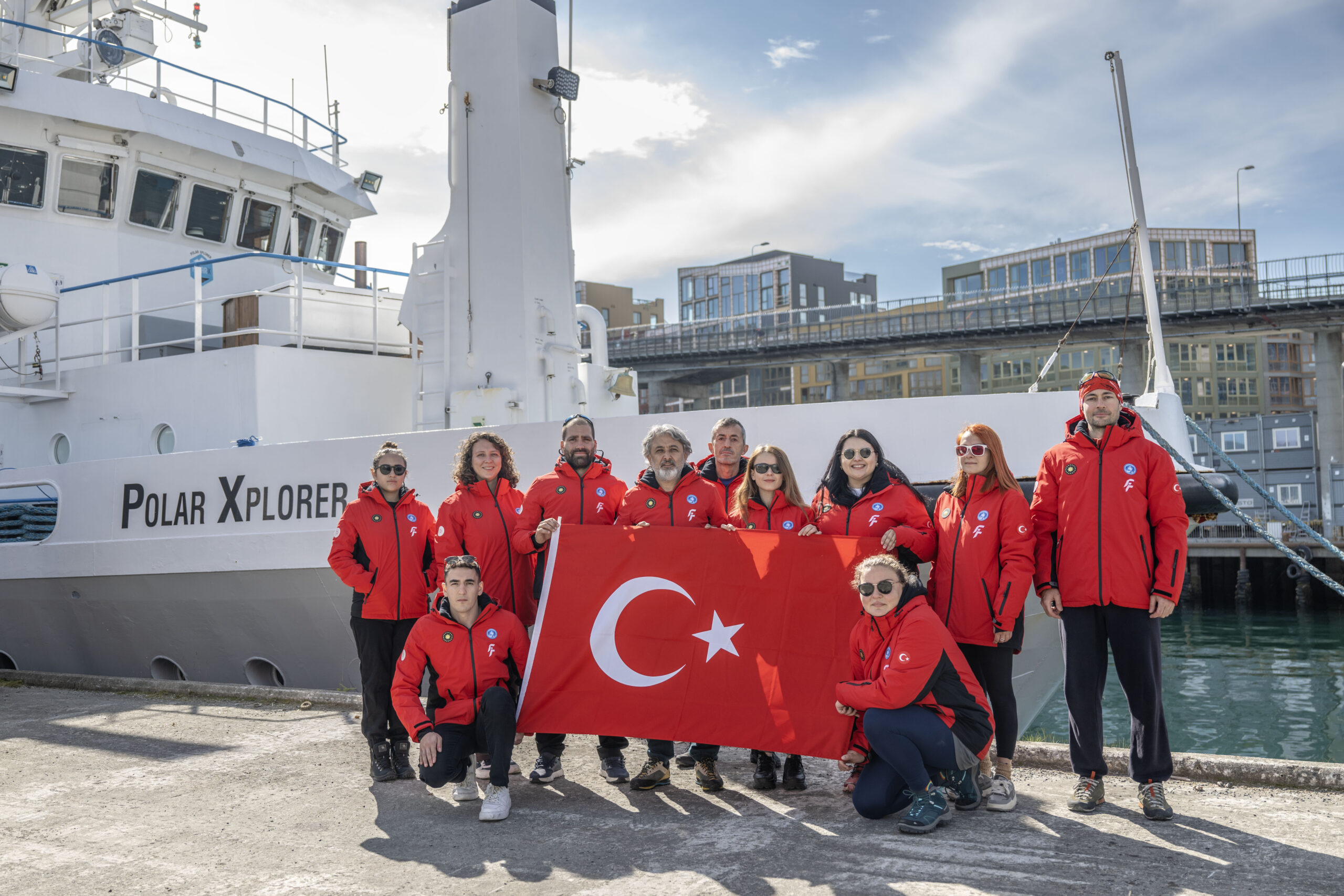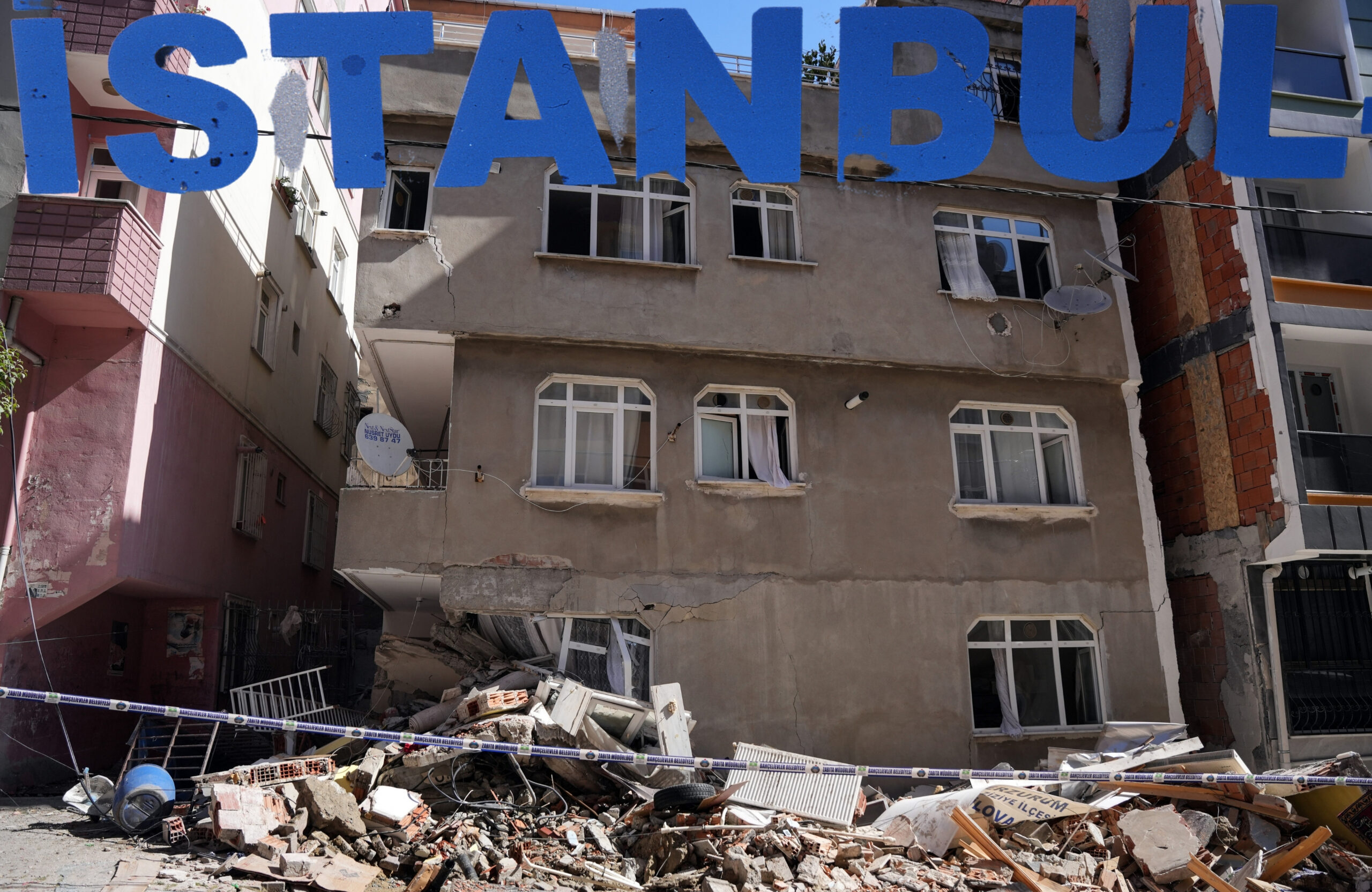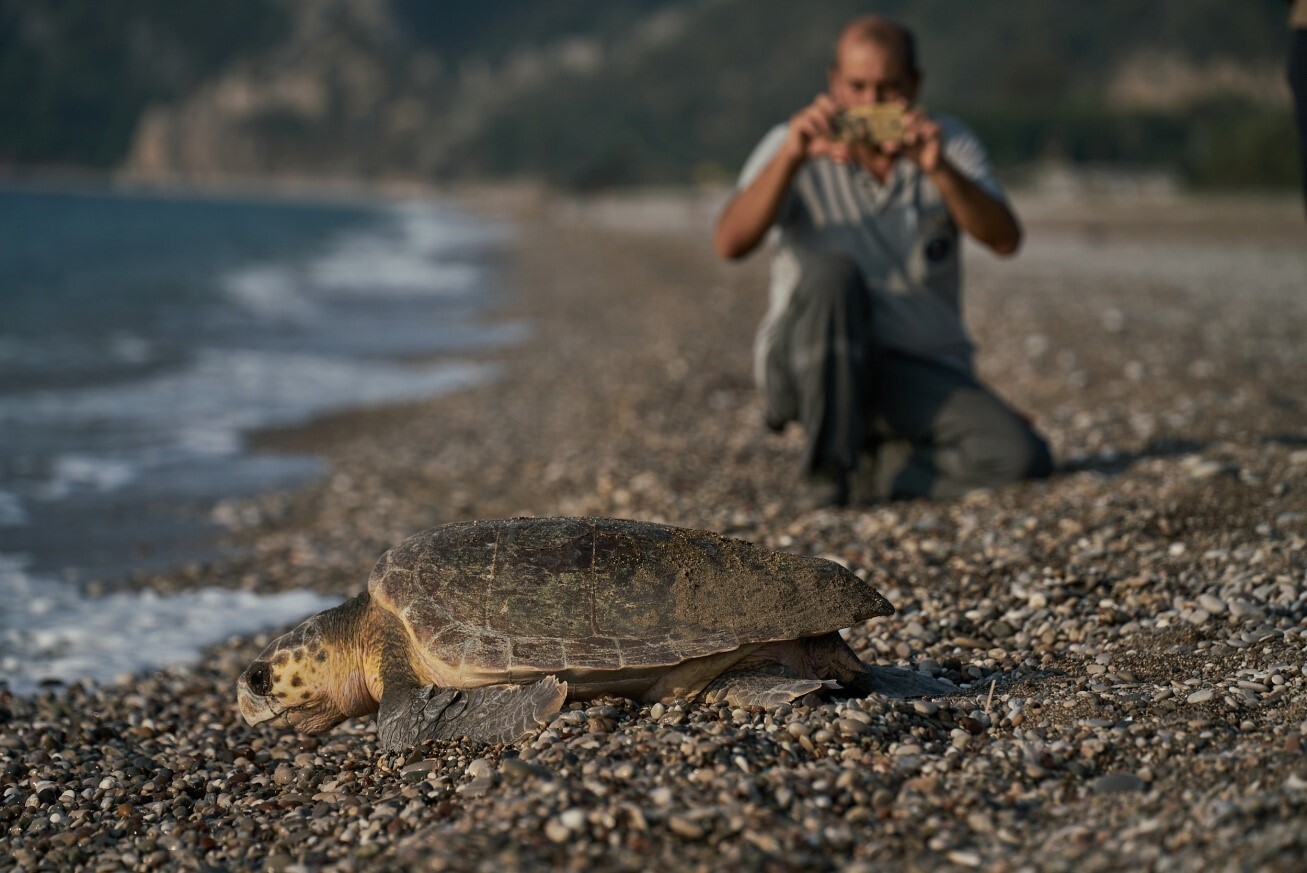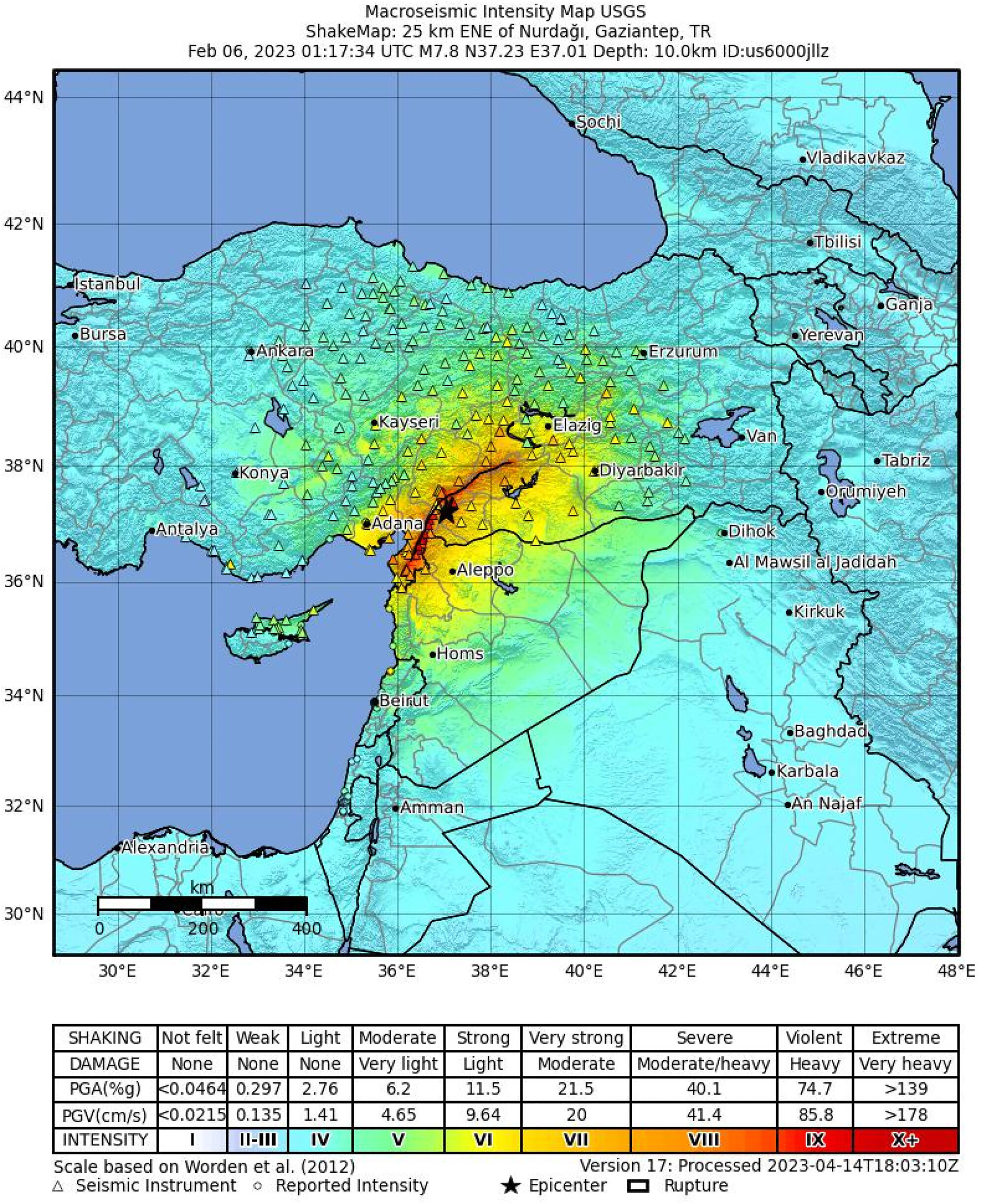Tuva Cihangir Atasever: 2nd Turkish astronaut revolutionizes space science
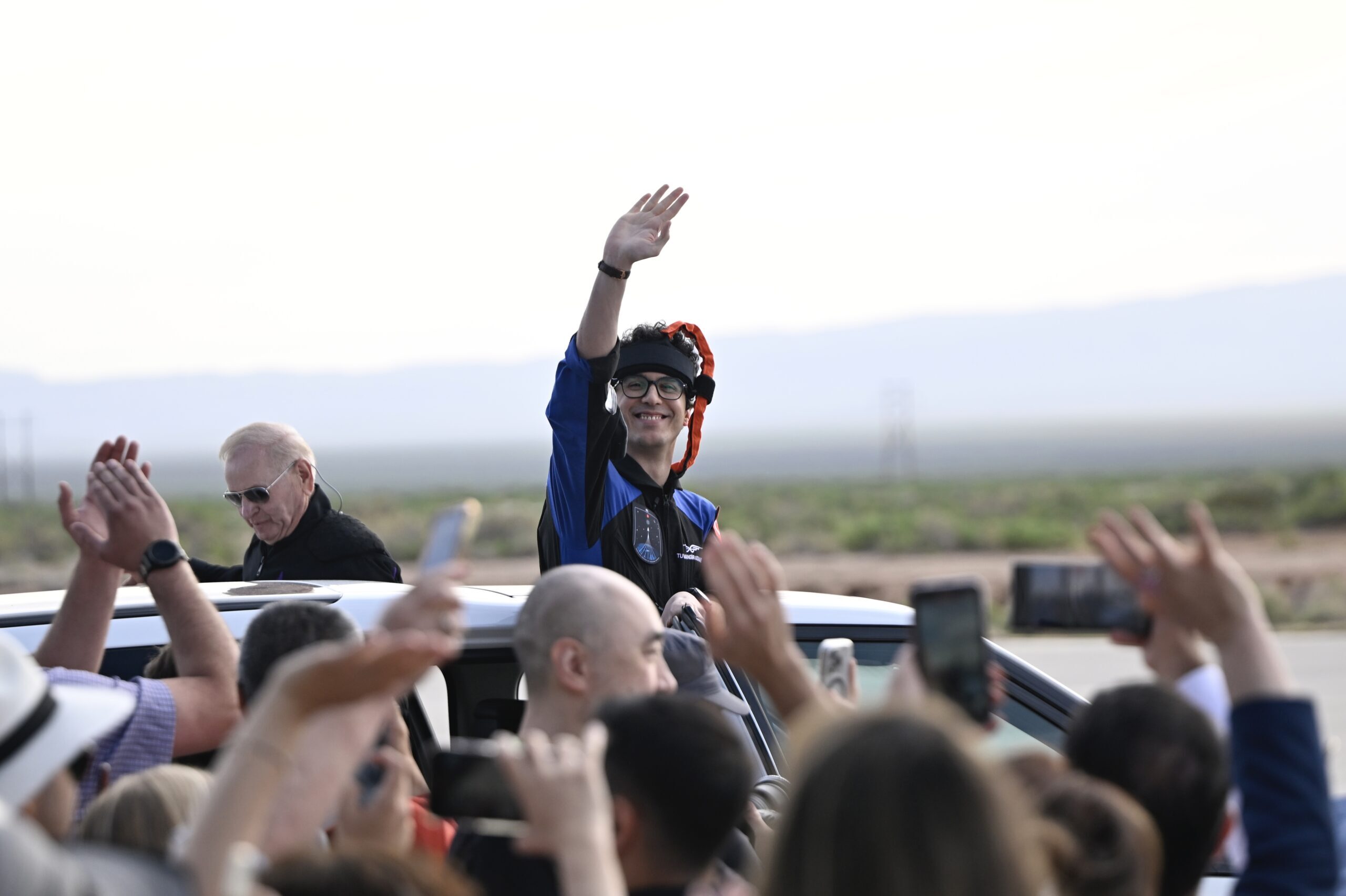 Tükiye's second astronaut Tuva Cihangir Atasever greets crowd at Spaceport facility, New Mexico, United States, June 8, 2024. (AA Photo)
Tükiye's second astronaut Tuva Cihangir Atasever greets crowd at Spaceport facility, New Mexico, United States, June 8, 2024. (AA Photo)
Türkiye’s second astronaut Tuva Cihangir Atasever successfully completed a suborbital space mission aboard Virgin Galactic’s VSS Unity on Saturday, June 8.
This mission marks another significant milestone for Türkiye’s rapidly advancing space program.
Following in the footsteps of Alper Gezeravci, Türkiye’s first astronaut who traveled to the International Space Station, Atasever’s successful mission reflects the country’s commitment to becoming a key player in space exploration.
Who is Türkiye’s second astronaut, Tuva Cihangir Atasever?
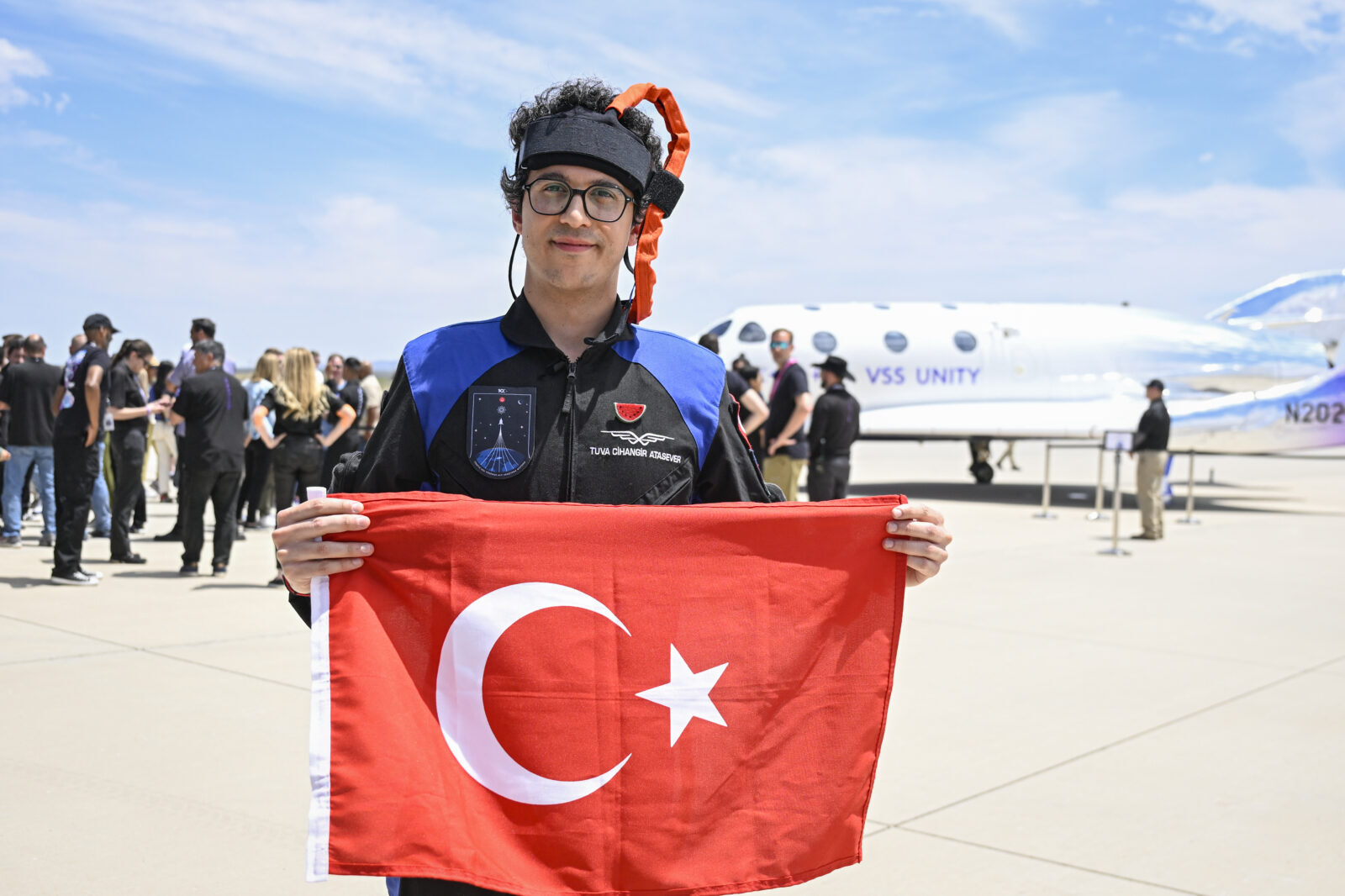
Tuva Cihangir Atasever, selected nearly 2 years ago for this mission, represents Türkiye’s growing ambitions in space. As the second Turkish astronaut, Atasever’s journey began from Spaceport America in New Mexico.
The Galactic 07 mission, part of Virgin Galactic’s series of commercial spaceflights, involved a team of six, including astronauts from the United States and Italy. This mission emphasized international collaboration in space exploration and aimed to conduct important scientific research in microgravity.
Atasever served as a research astronaut, conducting seven scientific experiments under microgravity conditions. He expressed his motivation for the mission, saying: “This mission is dedicated to the youth. Dream bigger and go beyond what I have achieved.”
The experiments conducted by Cihangir Atasever
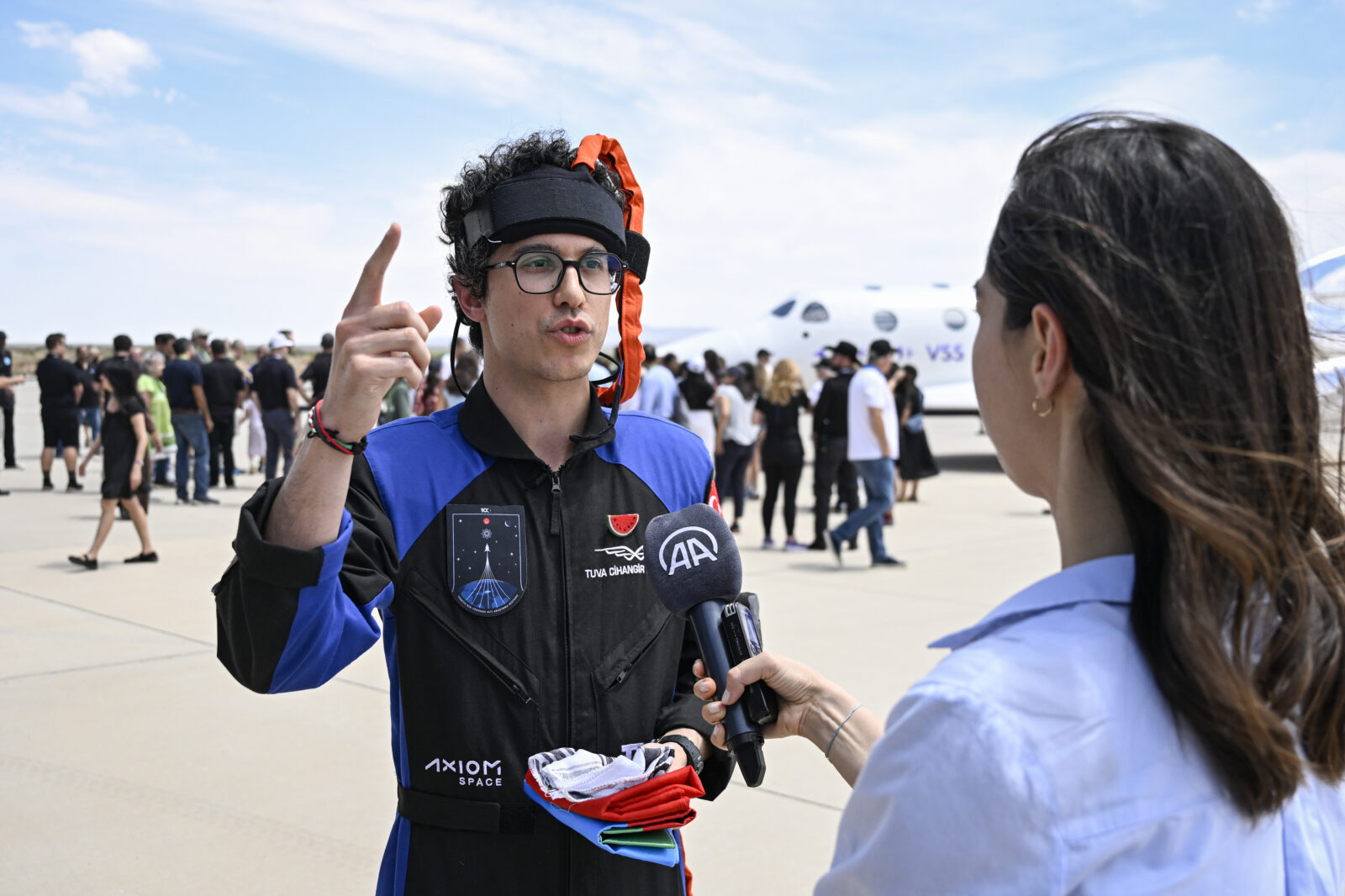
Atasever’s mission included seven distinct experiments, each designed to utilize the unique conditions of microgravity:
- Insulin Pen Test: Evaluating the performance of insulin delivery systems in space to ensure they work effectively in different environments.
- Message Experiment: Investigating the efficiency of communication systems under microgravity.
- Metabolom: Studying metabolic changes in the human body to understand how space travel affects metabolism.
- Vesicle Analysis: Analyzing how vesicles behave during suborbital flight, which could impact future biological and medical research.
- IvmeRad: Measuring radiation exposure levels experienced during the flight.
- Myeloid: Examining immune system responses to better understand how space conditions impact human health.
- Beacon Test: Testing new signaling devices designed for space applications.
Each experiment aimed to address critical questions in space science and technology. For instance, the insulin pen test could lead to advancements in medical treatments for astronauts, while the vesicle analysis might provide new insights into cellular biology.
Significance of Tuva Cihangir Atasever’s space mission
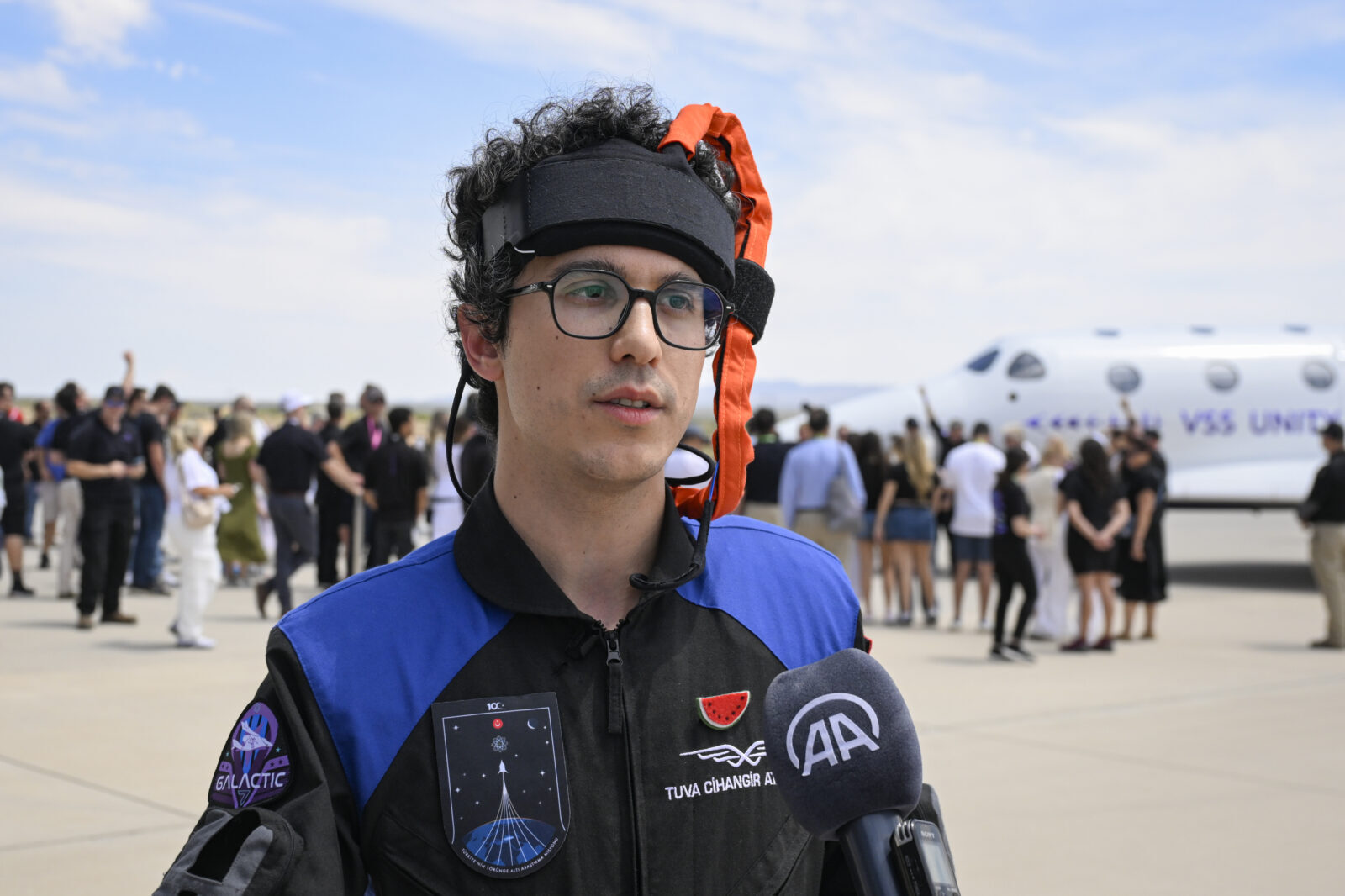
The Galactic 07 mission represents a significant milestone for Türkiye. It not only demonstrates the country’s technical capabilities but also its dedication to advancing space science. Atasever’s success inspires future generations in Türkiye to pursue careers in space exploration.
President Recep Tayyip Erdogan expressed his support on social media, stating: “We eagerly follow the work of our astronaut, who will conduct seven scientific experiments.”
Atasever, holding both Turkish and Azerbaijani flags after landing, said, “I want to show the flags that brought us here. I flew this mission representing two nations.”
The mission also marked the final commercial flight for VSS Unity, as Virgin Galactic shifted its focus to developing new spacecraft systems.
This transition aims to increase the frequency and capacity of future space missions. Virgin Galactic plans to introduce new Delta-class spacecraft, which will offer higher capacities and more frequent flights starting in 2026.
